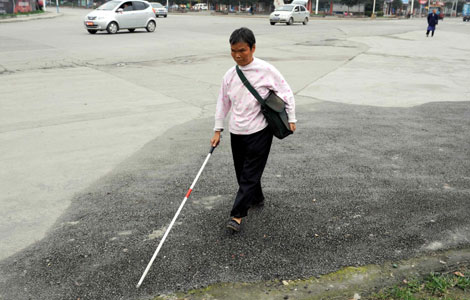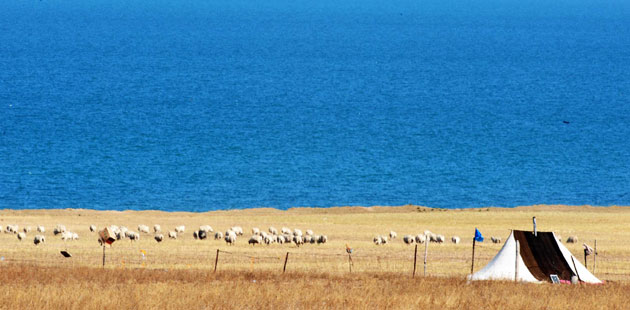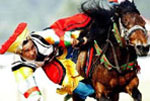Stricter rules needed on outdoor activities
Updated: 2011-10-19 19:58
(Xinhua)
|
|||||||||||
CHENGDU - Chinese experts say that stricter laws or regulations should be put in place to regulate increasingly popular outdoor activities, which have triggered public concern after a recent spate of reports of accidents.
"China should promulgate special laws or regulations soon to prevent unruly outdoor adventures and raise the public's risk awareness," said Zhou Wei, a professor with the Law School of Sichuan University.
Zhou's comments came after more than a dozen mountain climbers were reported missing after entering Mount Siguniang in southwest Sichuan province.
The group had lost contact with outsiders for more than 10 days after beginning their trek at the end of September.
Their relatives reported the case to the local administration, which mobilized a search and rescue team.
The climbers had registered with the local administration for camping, but changed their minds and chose to traverse a closed route. They eventually walked out of the mountains without any injuries.
It was the second mountain-climbing incident to happen in Sichuan province within days.
On October 2, one mountain climber died and another was injured by an avalanche in Songpan County.
These kinds of accidents have occurred more frequently over the years as outdoor adventures have been gaining popularity among young Chinese people.
In 2008, 23 trekkers from southern Guangxi Zhuang autonomous region were stranded by a flash flood in Mount Daming, and three of them died.
In 2009, 17 of 35 backpackers on a self-guided tour were killed by flooding while crossing a valley in Chongqing Municipality.
"More than 70 percent of accidents among mountain climbers over the past three years occurred to those who did not abide by regulations," said Gao Min, director of the Sichuan Mountain Climbing Rescue Team.
In the meantime, a lack of risk awareness and professional training has also contributed to the rise in accidents among outdoor activity enthusiasts, experts say.
"It is extremely hazardous for amateurs to adventure into no-entry zones without sufficient training or outdoor knowledge," said Hu Guangwei, a research fellow at the Sichuan Academy of Social Science.
Chinese regulations stipulate that mountain climbers must apply and register with the local administration if they climb mountains over 3,500 meters high, and they are not allowed to change routes or plans without approval.
However, statistics from the Association of Sichuan Mountain Climbers showed that illegal mountain-climbing cases have been on the rise since 2009.
Rescue efforts were usually costly, too, experts say.
The Outdoor Activity Management Center in Mount Siguniang spent over 300,000 yuan ($46,875) on search and rescue operations for mountain climbers, said Zeng Fanrong, the center's director.
Beijing police even sent helicopters to rescue two mountain climbers who were stranded in April this year.
"We have mobilized too many social resources for the rescuing of mountain climbers. If converted into money, it would be a great sum," said Gao.
Mountain climbers who break the rules should be fined 500 to 2,000 yuan, according to the regulations on mountain-climbing.
However, those who break the rules usually receive oral warnings without any punishment.
"Individuals should pay part of the bill for their wrongdoings in outdoor adventures if any costs are incurred during the rescue, " said Zhou.
Hot Topics
Libya conflict, Gaddafi, Oil spill, Palace Museum scandal, Inflation, Japan's new PM, Trapped miners, Mooncake tax, Weekly photos, Hurricane Irene
Editor's Picks

|

|

|

|

|

|







